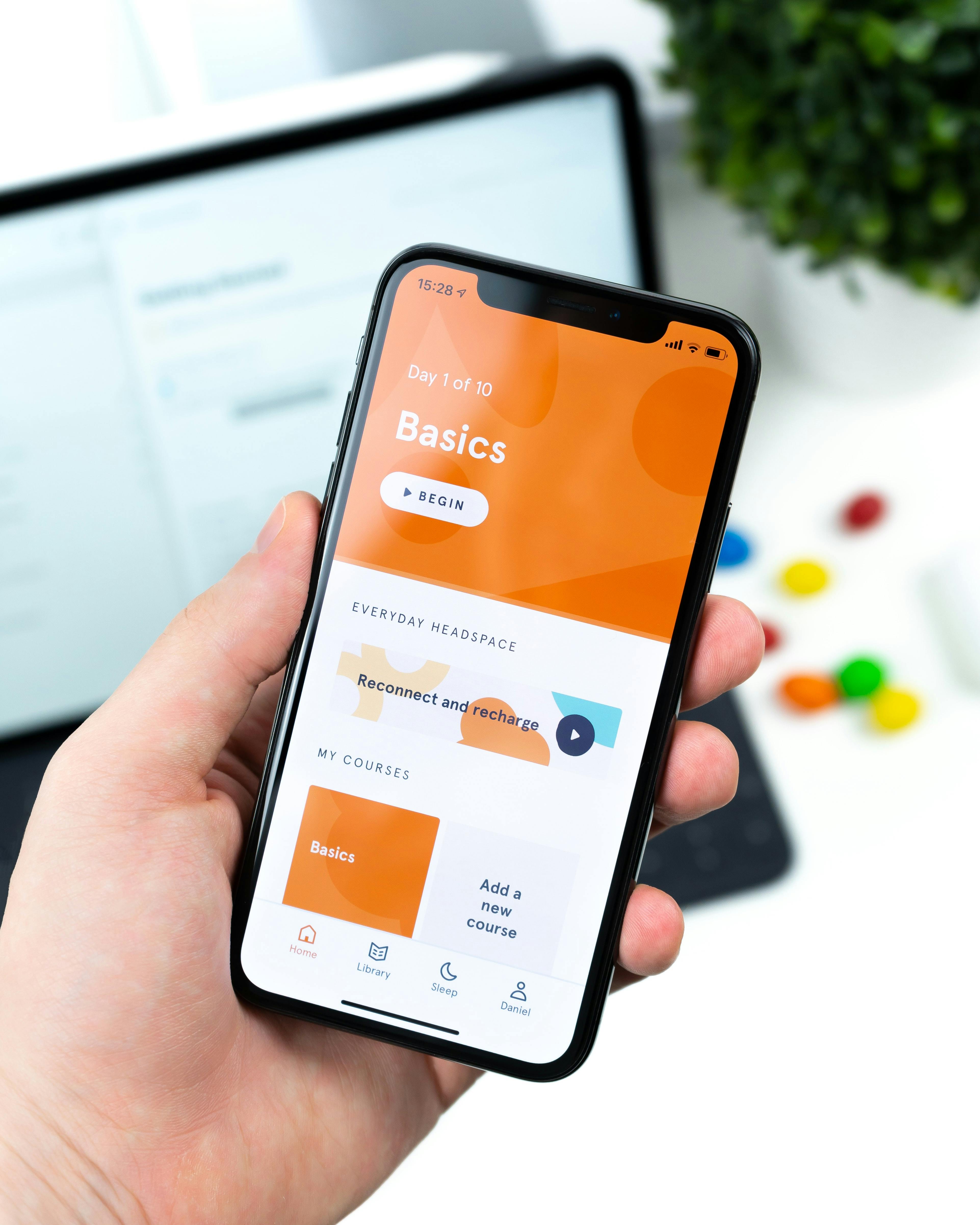First published on Thursday, Jun 04, 2020
Last updated on Friday, Jan 06, 2023
Social media in the workplace comes with its difficulties—you've no doubt already faced some.
When your staff scroll through their personal social media feeds, they're not doing work.
When they're not doing work, they're not being productive. And this means they're not contributing to the growth of your business.
Other problems with social media in the workplace include defamation of your business, cyberbullying, and issues that concern the invasion of an employee's privacy.
So, to help you regulate social media abuse in the workplace, we've written this guide.
To start, you should aim to achieve three goals with your social media policy:
- All staff should feel protected against online bullying.
- You should feel confident that the reputation of your business is safe.
- You don't want your employees to feel like they've been "gagged" and can't exercise their freedom of speech.
Create or update your social media policy
Your social media policy should have guidelines for your staff that outline what they can say about your business on their personal profiles, and what they should avoid saying. Spell it out in layman's terms.
Use these guidelines to remind staff that they shouldn't share confidential information about the business of any kind. List all information you consider confidential. And note that lists of this kind are inexhaustible.
If you have a social media team, let them know what they can and can't disclose online. They also need to know the range of opinions they can express on the company profiles.
In addition, use these guidelines to remind staff that you won't tolerate defamatory comments made about the business or their colleagues.
Highlight the penalties for such behaviour. For example, a written warning for comments made about the business.
Offensive comments about another person, on the other hand, could constitute gross misconduct and warrant a dismissal.
Use your social media policy to advise your staff that they can make their social media profiles "private" through the networking platform's settings. By doing this, they're able to accept or reject any follower requests from other users.
In your policy, ask your staff whether they really want or need their co-workers to see their profile. And what about their boss seeing it?
Note: If an employee makes their social media profiles private, they're not suddenly free to write offensive comments online or post confidential company information.
An employment tribunal could decide that once someone posts something online, it's "public" even on a private profile since the post remains available to scrutiny from those who can see it.
If you're going to limit how staff use personal devices, social media, and personal emails at work, you need to be clear about what this means in practice. You also need to make clear what will happen if someone goes against this rule.
Should you let employees use your company WIFI?
"Have you got the WIFI password?" must now be one of the most common questions in the English language.
Using WIFI for internet access on devices means that people can save their mobile data—which for some of your staff will be a priority if they have a small data allowance in their mobile phone contract. WIFI is often faster than mobile data, too.
With these considerations in mind, your staff might be grateful for the ability to connect their phone to your WIFI. But, you should include a consent clause in the employment contract. You should use this clause to answer questions like:
- Who has access to the WIFI? E.g. staff only?
- When can people use it?
- What can people use the WIFI for?
When it comes to what people will use your WIFI for, you should align this policy with any other internet security policies you have. You could block websites that you don't want staff to access, such as:
- Gambling.
- Pornography.
- Criminal activity.
- Media sites such as YouTube.
- Video gaming.
Adding social media sites to this blacklist would certainly have an impact on the misuse of social media at work.
Exceptions always exist, though—some employees will have enough mobile data to check their social media feeds despite your WIFI blacklist.
Should you monitor an employee's usage on your WIFI?
You should only monitor usage with a specific focus in mind. For example, if you're trying to prove that someone is violating your policies.
Making it known to staff that you're monitoring usage on the company's WIFI is a good idea. You're likely to deter misuse of social media at work, or any IT, for that matter, if your policies make clear what someone can't do.
Reinforce your policy with your disciplinary procedure to make clear what consequences await someone if they fall foul.
On the other hand, if you plan to monitor your staff in a covert way, the Regulations of Investigatory Powers Act 2000 covers what you need to know about covert surveillance.
Under GDPR, the law now stipulates that when you obtain any data on one of your employees through monitoring, you can only use the information or data for the original, limited purpose.
Confused? No problem.
Basically, if you're monitoring your employees to try to detect fraud, say, or a security breach, then you must use your findings to determine if fraud or a security breach are in effect. You can't use data that you obtained to detect fraud to assess someone's general work performance.
Ergo the concept of limited purpose.
Update your other policies to reflect the digital world
You should make sure your policy on bullying includes a reference to cyberbullying.
Provide all staff with a copy of your company handbook, which is where you should keep your policies. Always email staff when you revise a policy.
If you're looking for a social media policy template, you could use the following resources:
Have a question?
Ask away, we’ve got lightning fast answers for UK business owners and employers powered by qualified experts.









